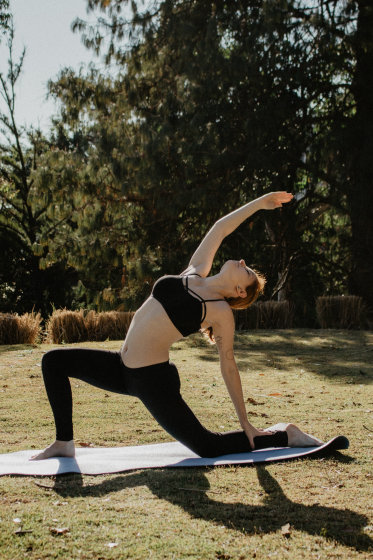Scientific analysis of the effects of yoga on the brain, such as improving memory and cognitive ability

by
It has been shown in previous studies that aerobic exercises such as walking and jogging have a positive effect on the brain, but how yoga is one of the activities that have been attracting attention in recent years The place to give it is not yet well known. Therefore, a research team of Prof. Neha Gote, who studies kinesiology and community medicine at the University of Illinois, comprehensively analyzed 11 scientific studies conducted in the past and clarified the relationship between yoga and brain health. .
Experts review evidence yoga is good for the brain-ScienceDaily
https://www.sciencedaily.com/releases/2019/12/191212105851.htm
Yoga Effects on Brain Health: A Systematic Review of the Current Literature-IOS Press
https://content.iospress.com/articles/brain-plasticity/bpl190084
Five of the 11 studies evaluated by Professor Gote et al. Showed that subjects with no yoga experience practiced yoga more than once a week for 10 to 24 weeks, and how the brain worked before and after the experiment. It was about observing whether it changed. The remaining six studies were conducted in the form of measuring the brain differences between those who regularly do yoga and those who do not.
At this time, in all studies, subjects performed hatha yoga including physical activity, and MRI , fMRI , single photon emission tomography, etc. were used for brain measurements.
As a result of evaluating several studies, it was first shown that the hippocampus grows as a result of yoga practice. The hippocampus is related to amnestic processing and is known to decrease with age. It seems that the hippocampus is the first to be affected when dementia or Alzheimer's disease occurs.

by
In addition, Professor Jessica Damwajy of Wayne State University, who worked with Professor Gote, explained that the study that was analyzed this time did not conclude the effect of yoga on the brain, but was only exploratory. So, the amygdala involved in emotional control also showed that yoga practitioners tend to be larger than those who do not do yoga. In addition, it has been shown that prefrontal cortex and anterior cingulate cortex tend to be larger and the default mode network tends to be efficient. The prefrontal cortex is related to planning, decision making and multitasking, and the default mode network is said to be related to self-awareness and memory.
In addition, brain changes found in people practicing yoga have been shown to be associated with improved cognitive testing and emotional control performance.
These findings are similar to the effects of aerobic exercise on the brain, but Professor Gote said, “Yoga is not essentially aerobic exercise, so there is another mechanism that brings such changes to the brain. But at this time, we have not found enough evidence to identify this mechanism. '
Researchers say that the key to yoga's positive impact on the brain is emotional control.
“In one of the previous studies, we observed how yoga changes the stress response of cortisol . In experiments, people who practiced yoga for 8 weeks responded to the stress of cortisol. 'This seems to be related to improving test performance such as decision making, task switching, and attention.'

by Akemy Mory
Professor Gote says that yoga practice can help with stress, even for people without anxiety disorders.
Related Posts:
in Science, Posted by darkhorse_log







